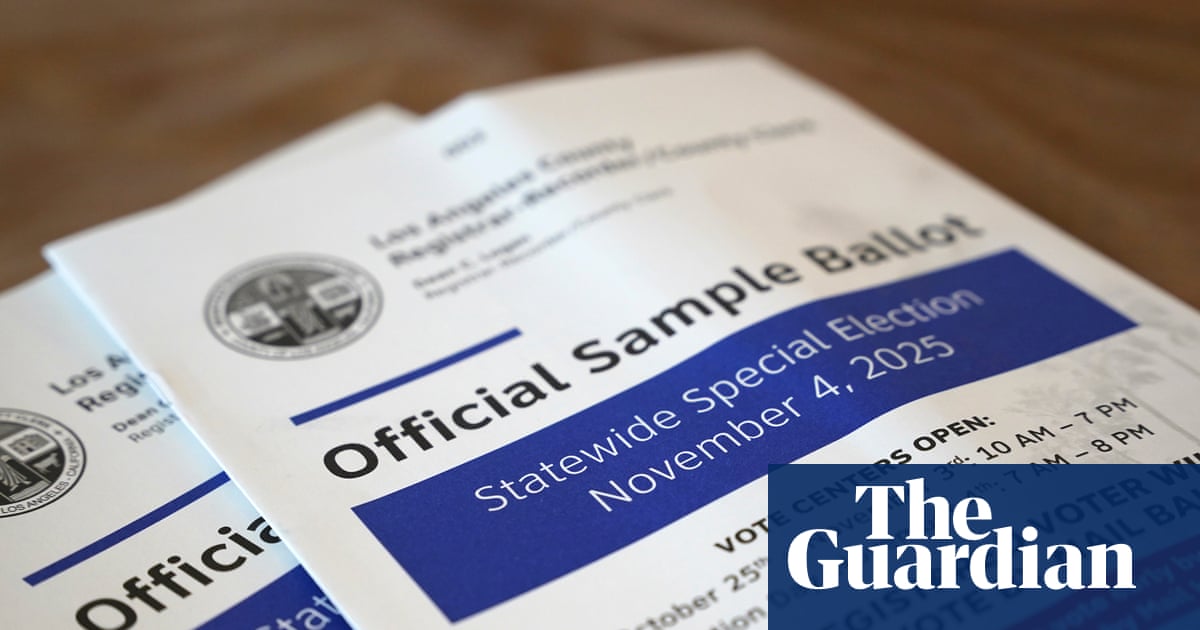By Lucia Mutikani
WASHINGTON (Reuters) -A prolonged shutdown of the U.S. government amid a standoff over funding between Republicans and Democrats in Congress could dent economic growth in the fourth quarter, but much of the lost output would be recovered when normal operations resume.
Economists estimated that the shutdown was shaving 0.1 to 0.2 percentage points off annualized inflation-adjusted gross domestic product growth per week. The hit from the shutdown, now in its third week, would be largely on consumer spending and lost federal worker productivity. About 700,000 federal workers have been furloughed while nearly as many are working without pay, which could force households to defer spending.
Many are set to miss their first full paycheck on Friday. The White House has suggested federal workers are not guaranteed retroactive pay when the government reopens, and President Donald Trump's administration has laid off some furloughed workers. Government contractors have also been sent home and normally do not receive back pay.
"There is going to be an impact on the economy," said Gregory Daco, chief economist at EY-Parthenon. "It's not going to push the economy into recession, but the longer this drags on, the more permanent losses are for Fed workers that may have had to cut back on expenses because they haven't been paid or because, essentially, while they are expecting retroactive pay, they're just being more judicious with their finances."
Congress sometimes passes annual funding for some federal departments as was the case ahead of the 2018-2019 shutdown, when large sections of the government were funded. This time, none of the departments are funded, with wider ripple effects beyond federal workers.
Though active-duty military personnel were paid last week, there have been media reports that some were underpaid. A number of states, including New York and Texas have warned that food stamps, which lower-income households depend on to supplement their grocery budgets, would not be available if the shutdown continues into November. In Pennsylvania, the state government said food stamp payments would end beginning October 16.
"There are the short-term effects which are already playing out, and then there are the longer-term effects which are more difficult to calibrate and that will depend specifically on when and if it's resolved," said Brian Bethune, an economics professor at Boston College. "But as this drags on, these short-term effects definitely accumulate."

 German (DE)
German (DE)  English (US)
English (US)  Spanish (ES)
Spanish (ES)  French (FR)
French (FR)  Hindi (IN)
Hindi (IN)  Italian (IT)
Italian (IT)  Russian (RU)
Russian (RU) 























Comments